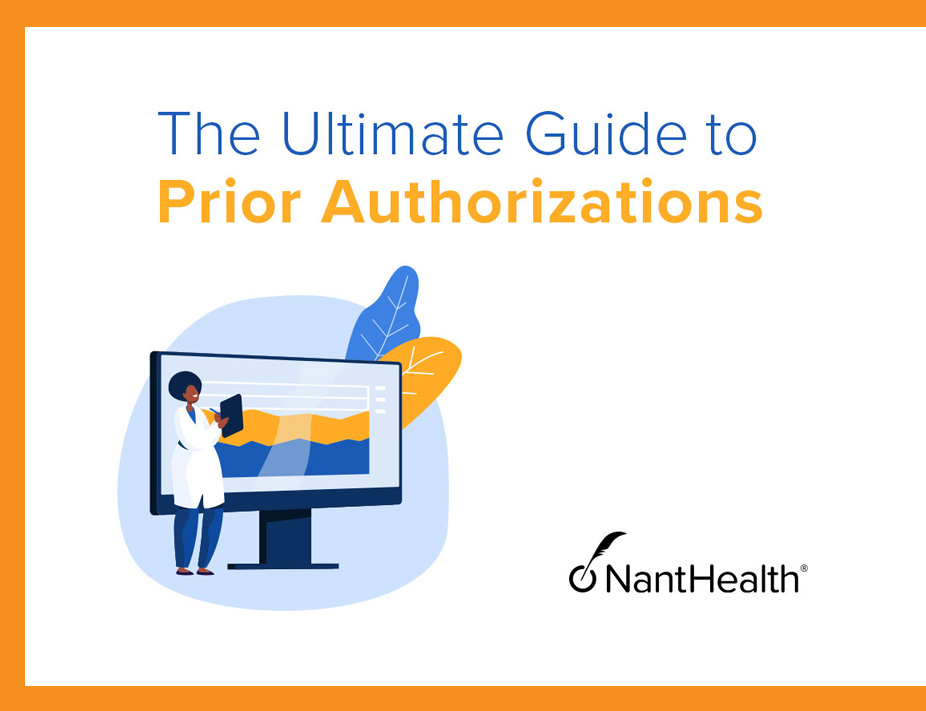According to a study published in The Commonweath Fund Issue Brief titled U.S. Health Care from a Global Perspective, 2022: Accelerating Spending, Worsening Outcomes, the U.S. spends around 18% of its GDP on healthcare alone – the highest among developed countries. As a result, economies and efficiencies, including how medical services are reimbursed, are perennial priorities. However, as the pandemic subsided and technology advanced, frameworks centering on the complete alignment of patient outcomes and reimbursement are increasingly taking hold via value-based healthcare programs.
Fee-for-service (FFS) models, which compensate healthcare providers for the services delivered based on services rendered, don’t incentivize outcomes to the fullest degree. Instead, every consultation, appointment, procedure, and hospital stay is billed and viewed as individualized events rather than as a whole. Because of this, the FFS model can result in higher costs and unnecessary medical services.
What is Value-Based Care?
The National Academy of Medicine defines value-based healthcare as timely, effective, efficient, equitable, and patient-centered care, directly tying reimbursement to the quality of care and compensating providers based on the caliber of treatment they provide.
Value-based healthcare aligns diverse interests, including payers, providers, employers, third-party administrators, consultants, and patients, and empowers them to deliver, manage, and drive better patient outcomes while managing and decreasing healthcare costs.
At its core, value-based healthcare focuses on improving patient outcomes while curbing overall healthcare costs by enhancing integrated care. The overall goal is healthier patient outcomes via more holistic care. This type of care often relies on intervention-driven care designed to shift the course of illness and avoid catastrophic and costly events like heart attacks and strokes. Check out the Ultimate Guide to Value-based Healthcare to learn more.
Data is Key
As the cost of healthcare continues to rise, many payers are exploring value-based healthcare programs that lower costs by putting a greater emphasis on outcomes. These models provide payers with more robust controls to encourage services focusing on preventative care, not just specific treatment of a presenting illness. This leads to a healthier population requiring fewer services, reducing the overall cost of care.
To achieve this, payers typically leverage data to identify opportunities for improvement, collaborate with providers, and support investments in medical technology. And, unlike the traditional FFS model, value-based healthcare is driven by data because providers must report to payers on specific metrics and demonstrate improvement. The need for reporting and actionable treatment data requires advanced solutions.
Eviti Connect for Oncology and Value-Based Healthcare
Eviti Connect for Oncology enables providers and payers access to a comprehensive library of evidence-based treatment standards and protocols for all cancer types. Payers can easily enforce preferred treatments known to offer the best outcome at the best cost while assuring providers that prescribed treatments meet the clinical reimbursement requirements and reflect the most current, evidence-based standards of care. Collaboration between the payer and provider at the point of care enables quick, often immediate, prior authorization for treatment – allowing patients to begin treatment without delay and assuring all stakeholders of value-based healthcare.
The acceleration of value-based healthcare results from rising costs, a higher focus on quality of care, and rapidly advancing technology. To do this, value-based healthcare moves beyond sick care and adopts a proactive, team-oriented, and data approach to keeping patients healthy. As healthcare programs continue to be reimagined, now is the time for payers and providers to work together to identify the right opportunities to roll out value-based solutions. Tools like Eviti Connect are integral in the foundation of a VBC program, helping to move the future of healthcare to more equitable, accessible, and quality care for all patients.








